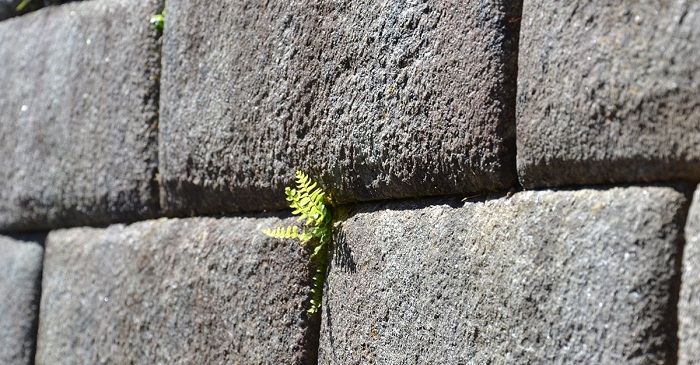Plants have evolved forgetfulness to wipe out memory of stress

Such experience helps prime plants to produce the necessary proteins and chemicals at short notice should stressful conditions recur.
Plants can preserve such memories across generations, at times via epigenetic mechanisms, which influence whether or not genes are expressed.
Better to forget?
But when Peter Crisp at the Australian National University in Canberra and his colleagues scoured the literature for examples of such memory of stressful events, they found that memory is more the exception rather than rule. “Generally plants are good at forgetting,” says Crisp.
The team argues that plants are making a trade-off. While being epigenetically primed against previously experienced stress can be beneficial, it also comes with costs.
“You could have an organism that’s spending way too much energy transcribing genes that really aren’t necessary at a specific time,” says team member Steven Eichten.
What’s more, such memory can be bad for future generations. For example, drought-stressed Polygonum hydropiper, a knotweed, passes on its stress response to seedlings, which become smaller, with slower-growing roots – even if they are grown in a drought-free environment.
Competing processes
Crisp and his team say that whether a plant forms a memory depends on what happens after a stressful experience. During this “recovery phase”, the plant can either consolidate its stress response and remain genetically primed, or reset itself to its prior state.
For a new memory to be formed, a plant has to make a protein that will affect its own DNA, affecting future behaviour.
This memory formation has to contend with a process called RNA decay. In cells, double-stranded DNA is transcribed into single-stranded RNA, before being translated into proteins.
RNA decay regulates the amount of RNA molecules that can be turned into proteins, and it can disrupt the RNA molecules related to the stress response, thus preventing memory formation, say Crisp and his colleagues.
Plants, it seems, would rather forget than hold grudges. “I like this idea very much,” says Frantisek Baluska, who studies plant intelligence and behaviour at the University of Bonn, Germany.
But he points out that plants also have “short-term memory”, which doesn’t depend on DNA and RNA. “This type of memory is not studied properly in plants,” he says.















































